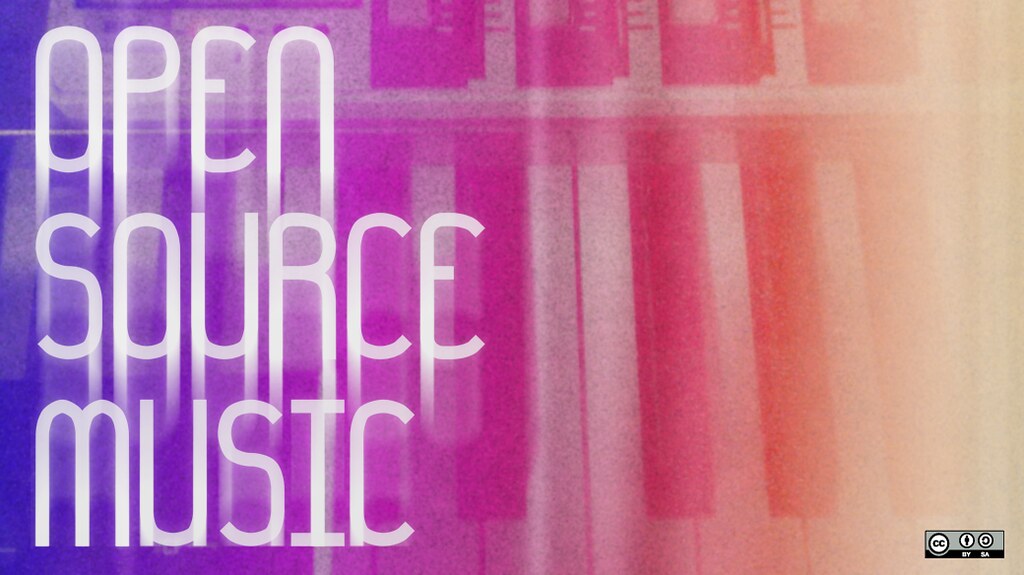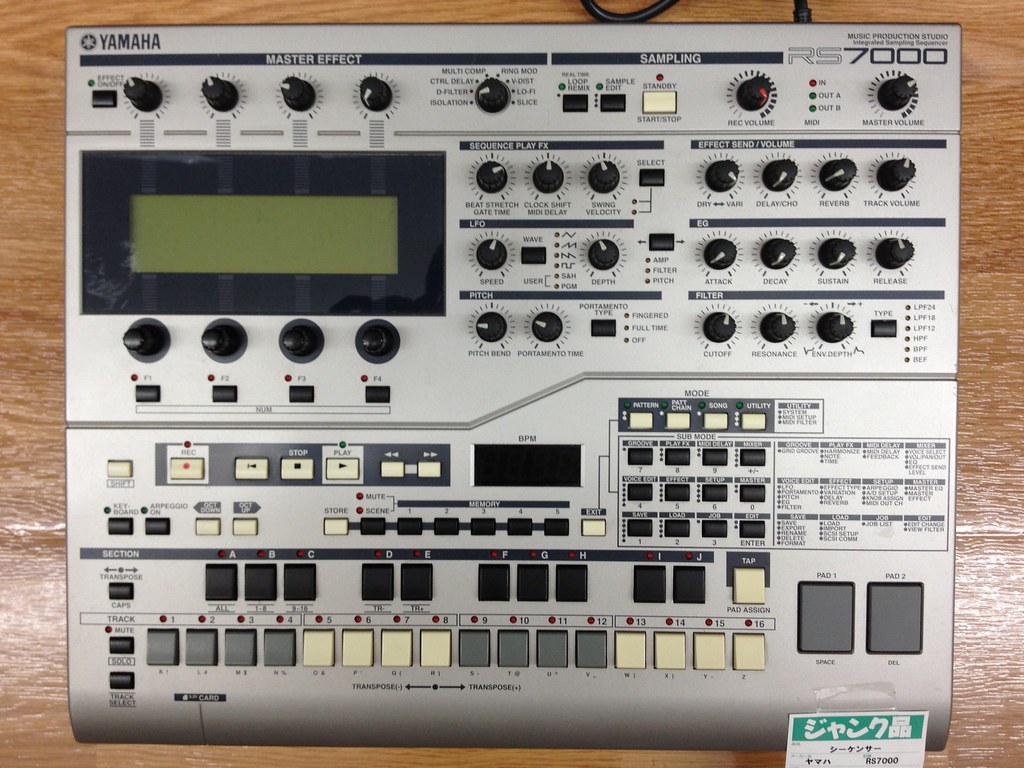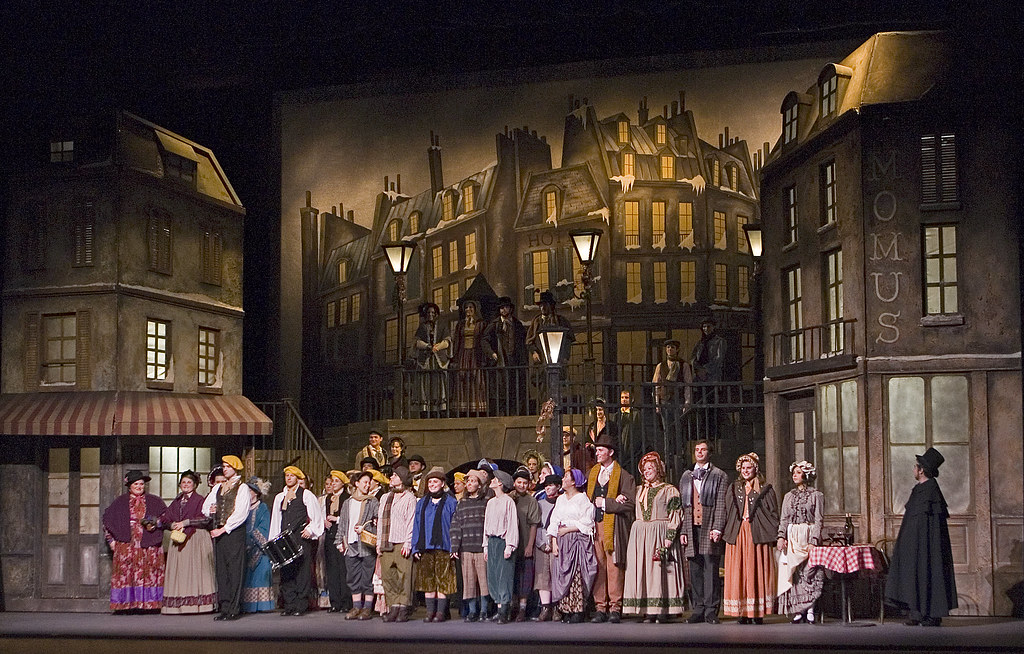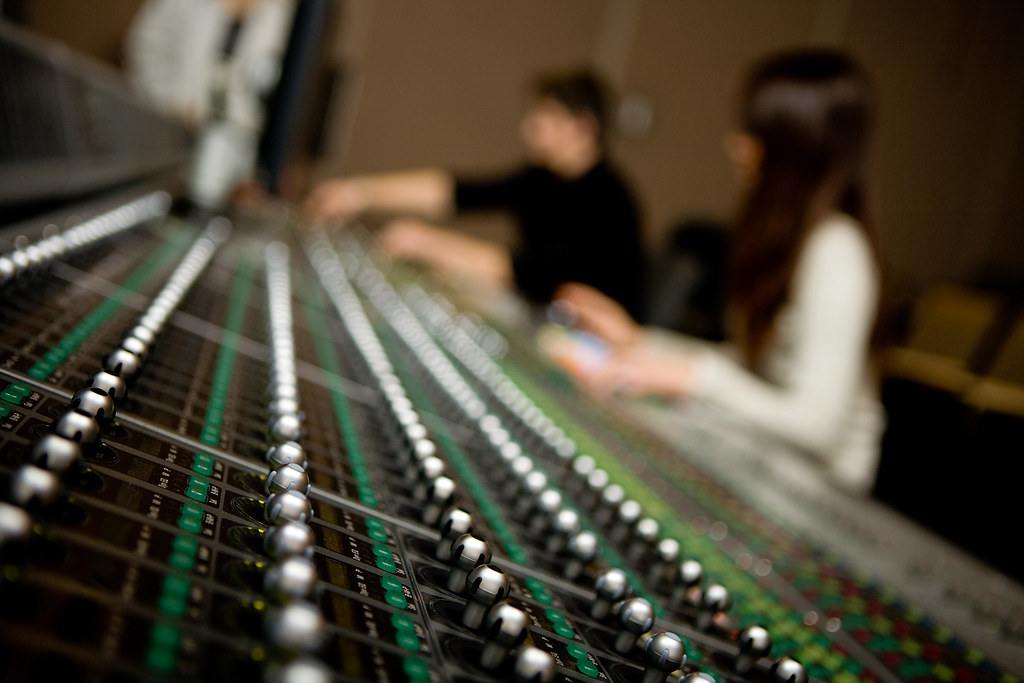As a music producer, you know that creativity is key to producing unique, high-quality tracks that stand out from the rest. However, when your computer’s RAM isn’t up to par, your creative flow can come to a screeching halt. With so many options on the market, finding the best RAM for music production can be overwhelming. But fear not! In this blog post, we’ll dive into the world of RAM and explore the top options for unleashing your creativity in the studio. Get ready to take your music production game to the next level.
Table of Contents

Why RAM Matters in Music Production: A Comprehensive Guide
RAM for music production is an essential component in any computer system. RAM stands for Random Access Memory, which is responsible for storing and accessing data quickly. In music production, you’ll be working with large sound files that require a lot of processing power, and the amount of RAM you have can affect how fast your computer processes information.
Having sufficient RAM for music production ensures that your computer can handle multiple applications and plugins without slowing down or crashing. This means smoother audio playback, faster rendering times, and more efficient workflow overall.
The type of memory you choose also matters since different types offer varying speeds and bandwidths. It’s crucial to understand these technical specifications to ensure optimal performance when it comes to producing high-quality music.
In short, investing in the best RAM for music production will significantly impact your workflow speed, allowing you to unleash your creativity without being held back by technical limitations.
The Top 5 Best RAM for Music Production in 2021
The Top 5 Best RAM for Music Production in 2021
Best RAM for Music Production: Corsair Vengeance LPX 16GB DDR4
Corsair Vengeance LPX 16GB DDR4 is the best RAM for music production in terms of price and performance. It has a speed of 3200MHz and a low latency of CL16, which makes it ideal for audio processing and mixing. It also has a heat spreader that helps dissipate heat, making it more reliable and durable.
Best High-End RAM for Music Production: G.Skill Trident Z RGB Series 32GB DDR4
If you’re looking for the best high-end RAM for music production, G.Skill Trident Z RGB Series 32GB DDR4 is the way to go. It has a speed of 3600MHz and a low latency of CL16, which makes it perfect for demanding audio tasks. It also has RGB lighting that adds a touch of style to your computer setup.
Other Top Picks
Other top picks include Crucial Ballistix Sport LT 16GB DDR4, Kingston HyperX Fury Black 16GB DDR4, and Patriot Viper Steel Series DDR4 16GB. These options offer great performance at affordable prices, making them ideal for budget-conscious music producers.
How to Choose the Right RAM for Your Music Production Needs
When choosing the right RAM for your music production needs, there are a few important factors to consider. Compatibility is key – make sure the RAM you choose is compatible with your computer’s motherboard and processor. Additionally, capacity is important as music production software can be memory-intensive. Aim for at least 16GB of RAM, but 32GB or more is ideal for larger projects.
Another factor to consider is speed, measured in MHz. Higher speed RAM can improve performance, but only if your computer’s processor can handle it. Check your processor’s specifications before investing in high-speed RAM. Finally, consider the brand and quality of the RAM – reputable brands with good reviews are a safer bet than unknown brands with little information available. By considering these factors, you can choose the right RAM to optimize your music production workflow.

The Impact of RAM on Audio Processing and Mixing
RAM speed and capacity play a crucial role in the audio processing and mixing process. When working with large files, such as multi-track recordings or high-quality samples, having enough RAM ensures that your computer can handle the workload without lagging or crashing. Additionally, low latency is essential for real-time monitoring and recording. The faster your RAM speed, the lower the latency, which means you can hear what you’re playing or singing without any noticeable delay. In summary, having sufficient RAM capacity and speed is essential for smooth music production workflow and optimal performance.
Understanding the Technical Specifications of RAM for Music Production
Technical Specifications of RAM for Music Production
When it comes to choosing the right RAM for music production, you need to consider several technical specifications. First, you need to look at the DDR (Double Data Rate) version and frequency. DDR4 is currently the latest version and offers faster speeds than its predecessors.
Next, check the speed rating measured in MHz or GHz. Higher speeds allow your computer to process data quickly, which can be especially important when working with large audio files.
Alongside speed, size also matters – 16GB or higher is recommended if you want a smooth experience with multiple tracks and effects plugins loaded simultaneously.
Finally, pay attention to CAS latency – this measures how long it takes between requesting new data from RAM and receiving it. Lower latency means less delay in processing requests.
By checking these technical specs before purchasing a music production RAM, you can make sure that your computer has all the power it needs for efficient music creation without any hiccups along the way.
Tips for Upgrading Your Computer’s RAM for Better Music Production Performance
Upgrading Your Computer’s RAM can significantly improve your music production performance. Before you start, make sure to check your computer’s manual or online specifications to determine the type and maximum capacity of RAM it can support.
To upgrade your RAM, you will need to purchase compatible RAM modules and install them in the appropriate slots on your motherboard. Make sure to ground yourself before handling any computer components to avoid static electricity damage.
Once installed, test your new RAM using software such as MemTest86 or Windows Memory Diagnostic to ensure that it is functioning properly. You may also need to adjust your computer’s BIOS settings to recognize the new RAM.
It is important to note that adding more RAM does not necessarily mean better performance if other components such as the CPU or hard drive are outdated. Consider upgrading these components as well for optimal music production performance.

The Pros and Cons of Overclocking Your RAM for Music Production
Overclocking Your RAM for music production can be a tempting solution to improve performance. However, it is important to weigh the potential benefits against the risks and drawbacks. Overclocking can provide faster processing speeds, allowing for more efficient music production. However, it also increases the risk of system instability and even hardware damage if not done properly.
Before attempting to overclock your RAM, make sure that you understand the technical specifications of both your memory and motherboard. It is important to follow a step-by-step guide tailored specifically to your system in order to avoid damaging your computer or losing important data.
In some cases, overclocking may void warranties or cause compatibility issues with other components in your setup. Additionally, increasing voltage levels can lead to higher power consumption and greater heat generation from the RAM modules.
Overall, while overclocking might provide a boost in performance for music producers processing large amounts of audio data simultaneously, it should only be attempted by experienced users who understand all risks involved and know how to do so safely.

How Much RAM Do You Really Need for Music Production?
How much RAM do you really need for music production? The answer to this question depends on your specific needs as a music producer. However, in general, it is recommended to have at least 8GB of RAM for basic music production tasks like recording and editing. For more complex projects involving multiple tracks and heavier audio processing, 16GB or even 32GB of RAM may be necessary to ensure smooth performance.
Keep in mind that other factors such as the CPU and storage speed also play a role in overall computer performance during music production. It’s important to balance these components with your RAM capacity for optimal results. Additionally, consider future-proofing by investing in more RAM than you currently need if you plan on expanding your music production capabilities over time.

Real-Life Examples: How Upgrading My RAM Improved My Music Production Workflow
The Benefits of Upgrading RAM for Music Production
Upgrading your RAM for music production can have a significant impact on your workflow. With more RAM, you can run more plugins and virtual instruments simultaneously without experiencing any lag or crashes. This means you can focus on creating music without worrying about technical issues. Additionally, having more RAM allows for faster rendering times, which is crucial when working on tight deadlines. Overall, upgrading your RAM for music production is a smart investment that can greatly improve your productivity and creativity in the studio.
How More RAM Can Enhance Your DAW Performance
By upgrading my RAM to the best available option, I was able to witness a significant enhancement in my DAW performance. My sessions now run smoother and quicker, without any lag or glitch. This means that I can work on more intensive projects with ease and efficiency. The additional RAM capacity also allows me to load more plugins and virtual instruments simultaneously, giving me greater creative control over my music production. Investing in the best RAM for your computer is crucial if you want a seamless music making experience with no interruptions or delays.
Faster Rendering Times: How I Reduced My Render Time by 50%
After upgrading my RAM to the best RAM for music production, I noticed a significant improvement in my rendering times. Previously, it would take hours to render a track, but with the new RAM, I was able to reduce my render time by 50%. This allowed me to work more efficiently and complete projects faster. The increased speed also allowed me to experiment more with different effects and plugins without worrying about slowing down my computer. Overall, upgrading my RAM was one of the best decisions I made for my music production workflow and I highly recommend it to anyone looking to improve their performance.
A Personal Account of the Impact of Upgrading RAM on my Music Projects
Upgrading my computer’s RAM was a game-changer for my music production workflow. Before the upgrade, I constantly experienced lag and crashes while working on large projects with multiple tracks and plugins. However, after installing 16GB of DDR4 RAM specifically designed for music production, I noticed a significant improvement in the speed and performance of my computer. I was able to load more virtual instruments and plugins without any issues, and my audio processing and mixing became much smoother. Investing in the best RAM for music production has truly transformed the way I create music, allowing me to unleash my creativity without any technical limitations.

Final Thoughts: Investing in the Best RAM for Your Music Production Career
Investing in the best RAM for music production is a smart move if you’re serious about pursuing a career in this field. With faster processing speeds and improved workflow, the right RAM can take your music production to new heights. While it may require an initial investment, the long-term benefits are worth it.
Remember that not all RAMs are created equal, so do your research before making any purchases. Consider your specific needs and budget when choosing the right type of RAM for you. Upgrading your computer’s hardware can be intimidating at first but with proper guidance, it is an easy process that anyone can accomplish within their comfort level.
So whether you’re just starting or have been producing for years, investing in top-quality RAM will make a world of difference and help elevate your music productions to professional levels.
In conclusion, investing in the best RAM for music production is crucial for unleashing your creativity and taking your music production career to the next level. With the right RAM, you can improve your audio processing and mixing capabilities, speed up your workflow, and create high-quality music that stands out from the rest. By following the tips and guidelines outlined in this article, you can choose the perfect RAM for your needs and upgrade your computer’s performance for better music production results. So what are you waiting for? Start exploring the top RAM options on the market today and take your music production game to new heights! And don’t forget to check out our other content for more expert advice on all things music production.


